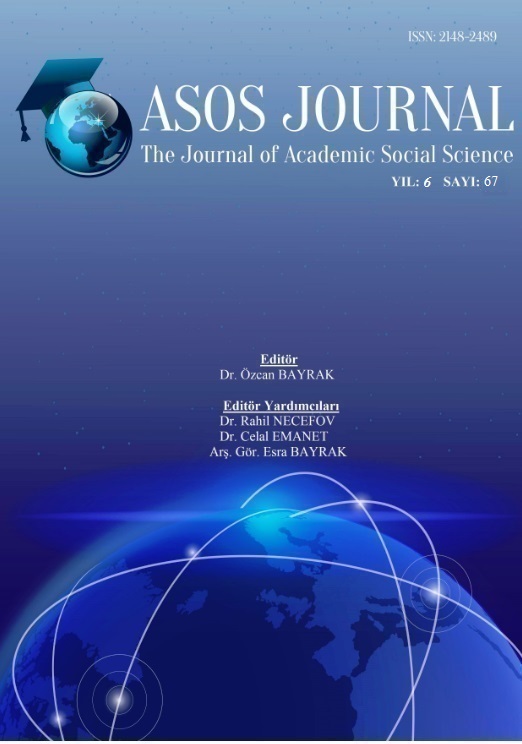ALMANYA BAVYERA EYALETİ İSLAM DERSİ ÖĞRETİM PROGRAMI VE VELİLERİN İSLAM DERSİNE İLİŞKİN GÖRÜŞLERİ ÜZERİNE BİR İNCELEME
Author :
Abstract
Federal Almanya Cumhuriyeti’nde din dersleri anayasaya uygun olarak verilmekle birlikte her eyalet eğitim ve kültür işlerinde bağımsız hareket etmektedir. Bu sebeple farklı eyaletlerde değişik din öğretimi modelleri uygulanabilmektedir. Bavyera eyaletinde de Türkçe Din Bilgisi, Almanca Din Bilgisi ve İslam Dersi uygulanmaktadır. Bu çalışmada 2003-2004 öğretim yılından itibaren denenmeye başlanılan İslam Dersi’nin öğretim programı ve velilerin bu derse ilişkin görüşleri üzerine bir araştırma yapılmıştır. Araştırmada veriler yapı yapılandırılmış görüşmeler ve katılımlı gözlemler yoluyla elde edilmiştir. Öncelikle İslam Dersi Öğretim Programını Geliştirme Komisyonu üyelerinden ardından Bavyera eyaletinde Mart- Haziran 2005 tarihleri arasında çocuklarını 1-4. sınıf İslam dersine gönderen ve gönüllü olan velilerden veriler toplanmıştır. Katılımlı gözlemler ise 25 Şubat 2005 ve 20 Mayıs 2005 tarihlerinde Ortaokul (Hauptschule) İslam Dersi Öğretim Programı Geliştirme Komisyonu çalışmalarında yapılmıştır. Verilerin değerlendirilmesinde nitel çalışma yaklaşımıyla betimsel analiz kullanılmış ve veriler yorumlanmıştır.
Keywords
Abstract
In the Federal Republic of Germany, religion is taught in accordance with the Constitution, but each state acts independently in educational and cultural affairs. For this reason different religious teaching models can be applied in different provinces. In the Bavarian province, Turkish Religion, German Religion, and Islam are taught. In this article a study was conducted on the curriculum of the Islamic lesson which was started to be tried from the 2003-2004 academic year and the opinions of the parents on this lesson. The data structure in the study was obtained through structured interviews and participatory observations. Firstly, data were gathered from members of the Development Committee of the Islamic Course Teaching Program. Later, in March-June 2005 in the state of Bavaria, children 1-4. The data were collected from the parents who volunteered and sent class to Islam. The data were collected from the parents who volunteered and sent class to Islam. Participatory observations were made on February 25, 2005 and May 20, 2005 in the work of the Middle School (Hauptschule) Islamic Course Curriculum Development Commission. In the evaluation of the data, descriptive analysis was used with qualitative study approach and data were interpreted.





